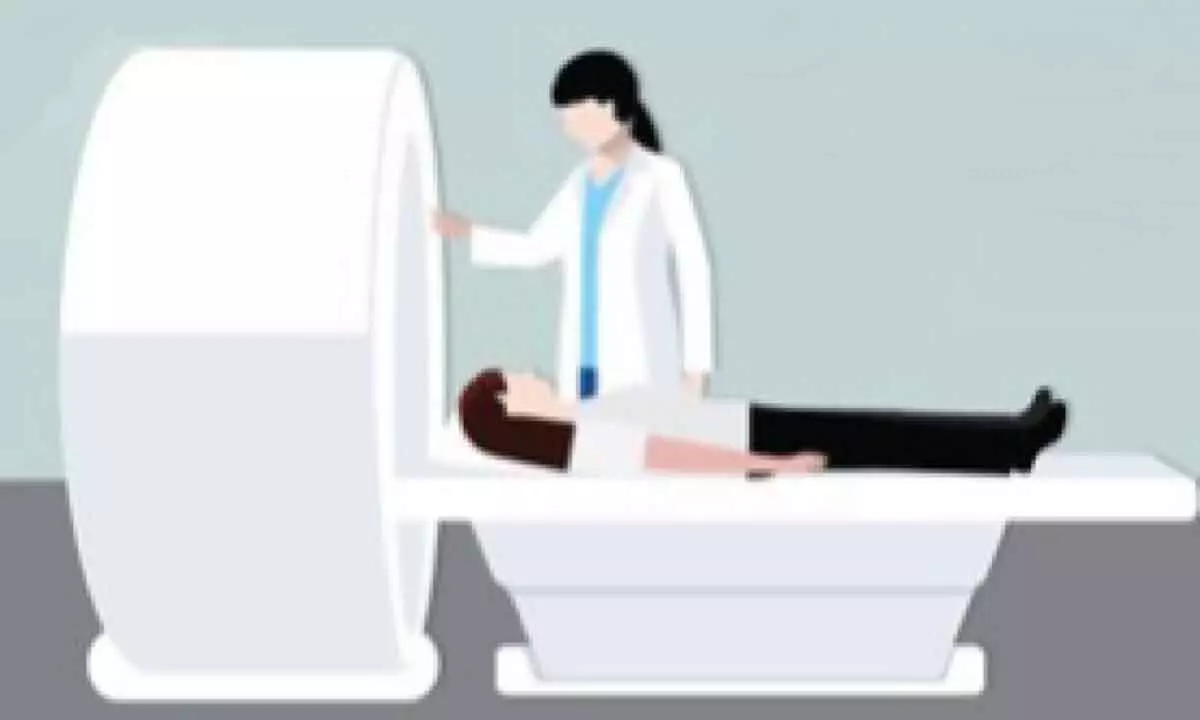Radiation therapy may help treat heart failure
Low-dose radiation therapy improves heart function, at least in part, by reducing the number of inflammatory immune cells in the heart muscle: Study
image for illustrative purpose

New York: Radiation therapy -- a strategy typically used against cancer -- may help treat patients with a life-threatening abnormal heart rhythm called ventricular tachycardia, suggests a study.
Cardiologists and radiation oncologists at Washington University School of Medicine in St. Louis pioneered the use of radiation therapy in a small number of these cardiac patients and modelled the effects of low-dose radiation in mice with heart failure.
The findings, published in the journal Med, suggest that low-dose radiation therapy improves heart function, at least in part, by reducing the number of inflammatory immune cells in the heart muscle.
“The radiation therapy used to treat ventricular tachycardia is targeted to a specific location in the heart; however, a large portion of the rest of the heart gets a low-dose exposure,” said cardiologist Ali Javaheri, Assistant Professor of medicine, at the varsity.
“We wanted to understand the effects of that low-dose radiation on these patients’ hearts. There was concern that it could be harmful to overall heart function, even though it treats dangerous arrhythmia. We were surprised to find the opposite: Heart function appeared to be improved after radiation therapy, at least in the short term,” he added.
A group of nine patients with ventricular tachycardia were evaluated with cardiac MRI before and after radiation treatment, with the MRIs showing improved heart function soon after radiation.

